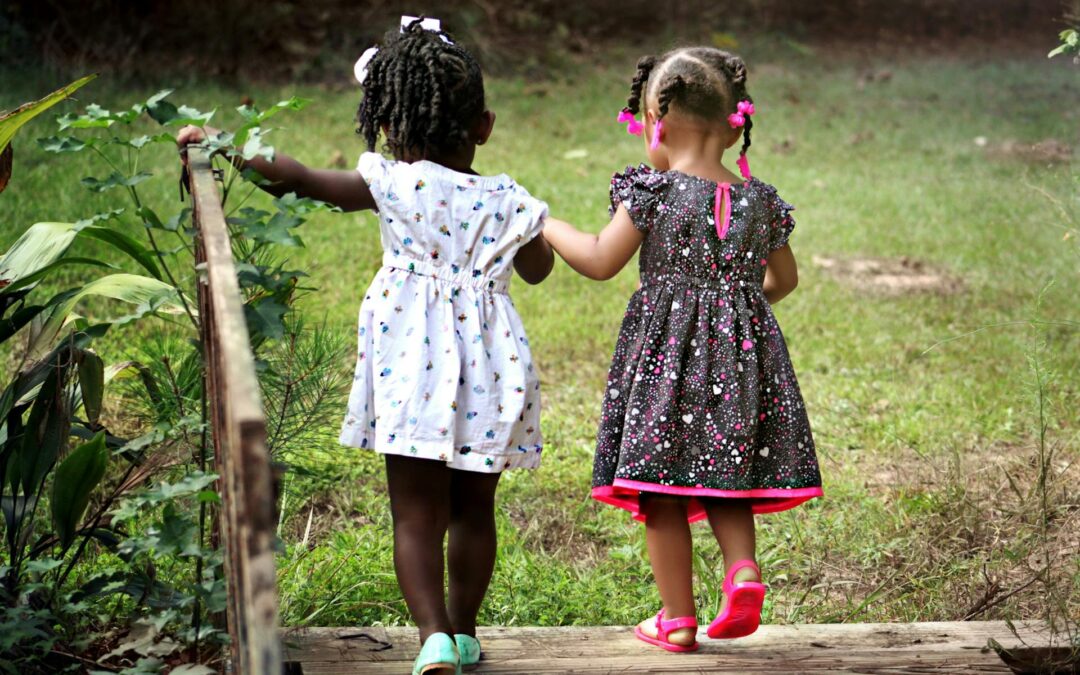On 26 April 2024, ProBono. Org in collaboration with Didyasarin International School in Thailand conducted a webinar for 32 grade two learners. The initiative aimed to empower the children with the knowledge, skills and values necessary to exercise and protect their rights, as well as respect the rights of others. One of the grade two teachers, Priscilla Clifton, coordinated the learners.
South Africa has a more comprehensive and prioritised approach to children’s rights than Thailand. Thailand has significant issues with child labour and trafficking, while South Africa has initiatives to address these issues. Both countries have ratified the United Nations Convention on the Rights of the Child (CRC), striving to protect children’s rights and implementing compulsory education laws.
Children’s rights in Thailand are protected by various laws and regulations, including the Constitution of the Kingdom of Thailand (1997) which includes provisions for the rights of children, such as the right to education, healthcare, and protection from exploitation. Other acts are The Child Protection Act (2003) which aims to prevent and respond to child abuse, neglect and exploitation; The Juvenile Justice Act (2011) which focuses on rehabilitation and restorative justice for children in conflict with the law; The Compulsory Education Act (2002) which makes education mandatory for children aged 5-15; the Child Labour Protection Act (1996) which prohibits children under 15 from working in hazardous occupations; and The Human Trafficking Prevention and Suppression Act (2008) which aims to combat human trafficking, including child trafficking.

In the webinar, with the assistance of Geraldine Moya Anderson, the children’s rights were explained in simple, interesting and exciting ways. Basic human rights and children’s rights concepts were explained, such as rights and responsibilities, respect for oneself and others, equality and non-discrimination, protection from harm and abuse and access to education and healthcare. The webinar included age-appropriate activities and materials to help the children understand and apply the concepts in their daily lives.
Thailand includes children’s rights education in its primary school curriculum. Their Ministry of Education has incorporated human rights and children’s rights into the curriculum, aiming to raise awareness and promote understanding among children from an early age. Our offices are humbled to be part of this initiative in upholding children’s rights. It is also important to acknowledge the efforts made by both Thailand and South Africa to prioritise children’s rights through laws and regulations. However, there are still significant issues with child labour and trafficking in Thailand, and it is crucial to continue addressing these issues to ensure the protection and well-being of all children.

Thai people used to identify themselves by their given names and their place of residence. In 1913, Thailand adopted the use of surnames when King Rama VI decreed the Surname Act. This is unfamiliar to the South African practice, but does not take away the right of a child to an identity and the right not to be stateless.





